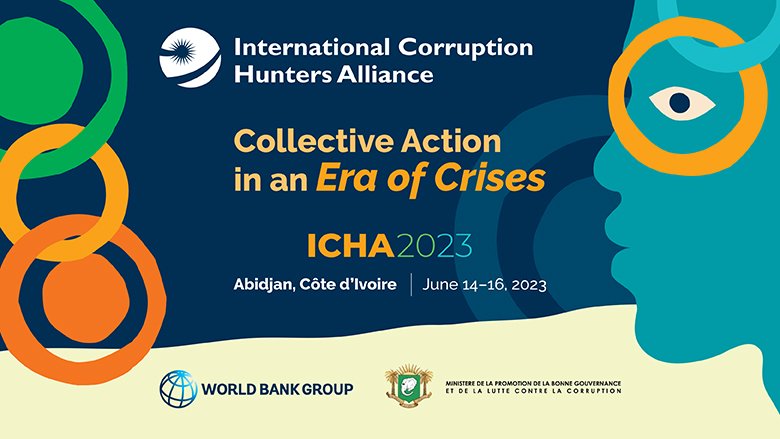In recent years, the world has faced overlapping crises, including among them a global pandemic, the growing impacts of climate change, and ongoing conflicts in many countries and regions. These emergencies have mobilized massive responses by governments and the global community, both through immediate measures as well as with investments for longer-term solutions.
The impact and outcome of these measures will be determined to a large degree by the quality of the deployment of resources. This requires that the money made available for these responses be used efficiently, effectively, and for their intended purposes.
Corruption undermines these efforts with real consequences on people’s lives. Corruption has a disproportionate impact on the poor and most vulnerable, increasing costs and reducing access to services, including health, education, and justice. Unofficial payments for services can have a particularly pernicious effect on poor people, with a greater percentage of their income going to pay bribes. In addition, corruption impedes investment in the private sector, with consequent effects on growth and jobs. Moreover, corruption erodes trust in government and undermines the social contract, and it can fuel and perpetuate inequalities and discontent that, in some context, lead to fragility, violent extremism, and conflict.
At the same time, advances in technology are causing some characteristics of corruption risks to evolve, such as by making it easier to move illicit funds across borders and hide one’s identity while doing so, allowing corrupt individuals to act with impunity. Given these trends, it is clear that there is a need for greater collaboration in fighting corruption and building coalitions that stand for transparency and accountability in society, and that support building capable institutions charged with carrying out anticorruption programs.
Taking on corruption requires the participation of actors from across society—in government, civil society, and the private sector. Young people can also play a role in building awareness and speaking out against corruption.
In an effort to find a common solution to a common challenge, we would also like to hear the views of African youth on the challenges of corruption. Based on the situation in your country, answer the following question:
How can young people work with their governments, academia, and civil society organizations to speak up against corruption and counter the negative impacts corruption has on society?
